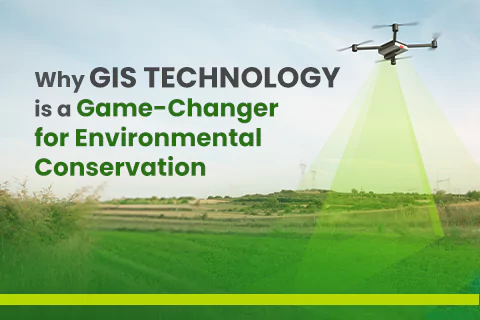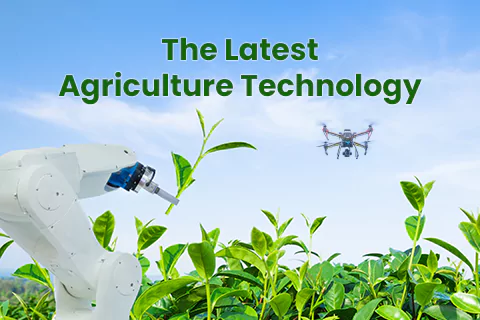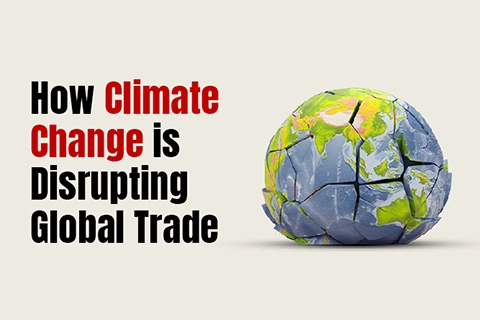Climatic changes are affecting agriculture globally. As the world majorly depends on agricultural produce for survival, it becomes more critical to sustain it.
Agriculture depends on weather conditions, and a slight change can lead to crop diseases, poor yields, crop failure, soil erosion etc.
However, with various modern farming techniques, it can be possible to mitigate specific risks so that the impact of climate change can be regulated. Some of the dangers that agriculture faces because of climate change involve lack of rainfall, flash floods, abnormally hot summers, extreme cold winters, and lack of snow cover in winter. Moreover, a temperature rise can cause pest infestation.
These climatic risks bring farmers to their knees, directly impacting their livelihood. But modern farming brings specific solutions and risk mitigation strategies that farmers can incorporate into their farming practices to prevent atypical weather damages. These strategies are listed below:
Precision Farming
Smart Farming is a notable development in the agriculture industry. It brings various technology-based agri-risk solutions to fight climate change. In Precision Agriculture, a farmer can save resources and reduce environmental pollution’s effects by using technologies like Remote Sensing and Geographic Information Systems. These technologies work on estimating the yield area, crop identification, water management, meteorological data analysis and condition assessment.
Crop Monitoring
Precision Farming helps gather data about yield and crops, but it is essential to put that data to use for the efficient management of crops. Various online applications can help the farmers assess the data collected by sensors and monitoring the crops.
Crop Monitoring will calculate accurate inputs of water, fertilisers and pesticides, which will, in turn, save a lot of time and money. Moreover, it will also protect the crops from climate-related damage as the farmers will have all the information beforehand so that they can prepare for preventive measures.
Carbon Farming
Carbon farming is one of the best mitigation strategies to improve soil health. It is known that plants thrive majorly on solar energy, and carbon plays the role of a carrier for that energy in the whole farm system. Through enhanced land management practices, the carbon receptivity of plants can be increased, which will instigate the regenerative capabilities of the soil. This whole framework will reduce the levels of carbon dioxide in the air and increase its levels in the soil. The carbon present in soil feeds microorganisms like fungi, bacteria, nematodes and protozoa, who then supply sufficient nutrients to the plants. This process can be successful through careful planning of composting, planting cover crops and reducing no-till cultivation.
Livestock Management
Methane emissions are one of the major reasons responsible for soil degradation. The anaerobic decomposition of livestock leads to harmful emissions that pollute water resources. So, if farmers plan their pasture-based livestock through rotational grazing, it will help mitigate anaerobic decomposition.
All the strategies mentioned above can help farmers mitigate climate change’s effects. Careful planning and efficient management of farm processes with the help of tech-based agri-risk solutions like precision farming and crop monitoring can prove to be useful. Moreover, incorporating measures that can help in soil regeneration can also reverse the effect of climate change.



